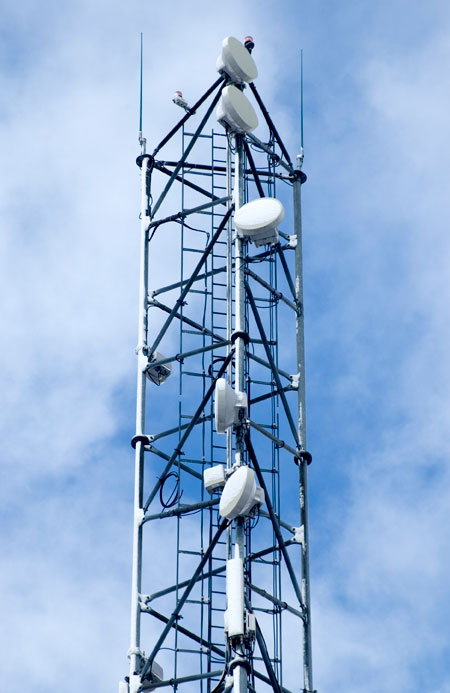KPN International’s subsidiaries E-Plus Group in Germany and KPN Group Belgium in Belgium are undertaking a three year backhaul upgrade project to increase capacity, and migrate to a packet backhaul architecture.
Ericsson will install more than 15,000 MINI-LINK microwave transmission node links (see picture, left) in both countries before the end of 2013. For the operators, upgrade of the mobile backhaul will lead to a migration from Time Division Multiplex (TDM) to packet transport, and the opportunity to scale microwave up to gigabit capacities step-by-step.
Gerhard Lüdtke, Director Access Network at E-Plus Group, said, “To cope with the continuous rapid growth in data traffic and offer faster mobile access and backhaul networks, we are upgrading our mobile backhaul with the help of Ericsson’s MINI-LINK technology. This investment will also allow us to make our network more cost-effective and future-proof, to the benefit of our broadband business.”
Anders Runevad, Head of Region Western & Central Europe at Ericsson, said, “Mobile backhaul is becoming increasingly important due to the rapid increase in consumption of internet services, which can otherwise put a lot of strain on mobile networks. This necessitates an upgrade of the transmission network to provide sufficient capacity for the increased traffic generated at the radio base station sites. Mobile backhaul provides the link between the core and the radio network, and we aim to perfect that link.”
Work related to the contract has already begun. Ericsson will migrate the two mobile operators’ TDM-based transmission networks to packet-based mobile backhaul networks to pave the way for the introduction of HSPA Evolution and LTE.
Both E-Plus Group and KPN Belgium signed contracts last year with ZTE for upgrading their radio networks to HSPA+ and LTE.



